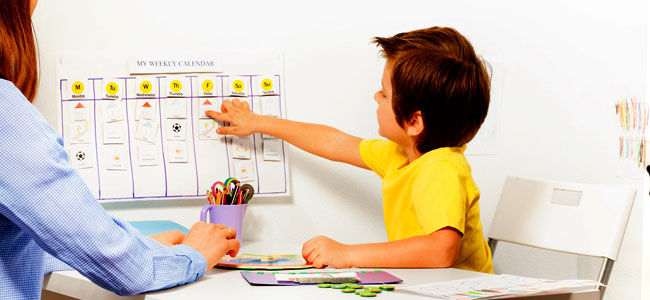
Impetuous Children and Shy Children
The development of a child’s personality is always a great challenge. Educating is not easy. Children are not born with an instruction manual and each human being is unique in their characteristics and possibilities. The issue is that although we are born with a temperament, the environment is responsible for molding us. We know that […]
25 March, 2024

“Egoism or solidarity: which approach do we choose?”
In human relations with the community, two opposing paradigms seem to coexist. In the first one, the human being is seen as pragmatic, utilitarian, and selfish because they only want to satisfy their desires and needs, even becoming irrational in seeking their own benefit. This is the premise upheld by sociologist Jordi Busquet when analyzing […]
25 March, 2024

ORDER, ORGANIZATION and AUTONOMY
The development of children and adolescents goes through stages or periods in which a special predisposition to learn a specific skill arises. Observant parents will have noticed in their children that tireless enthusiasm for acquiring some skill, for example, learning to walk. These periods of development are known as sensitive, critical or sensitive periods. Order […]
22 March, 2024